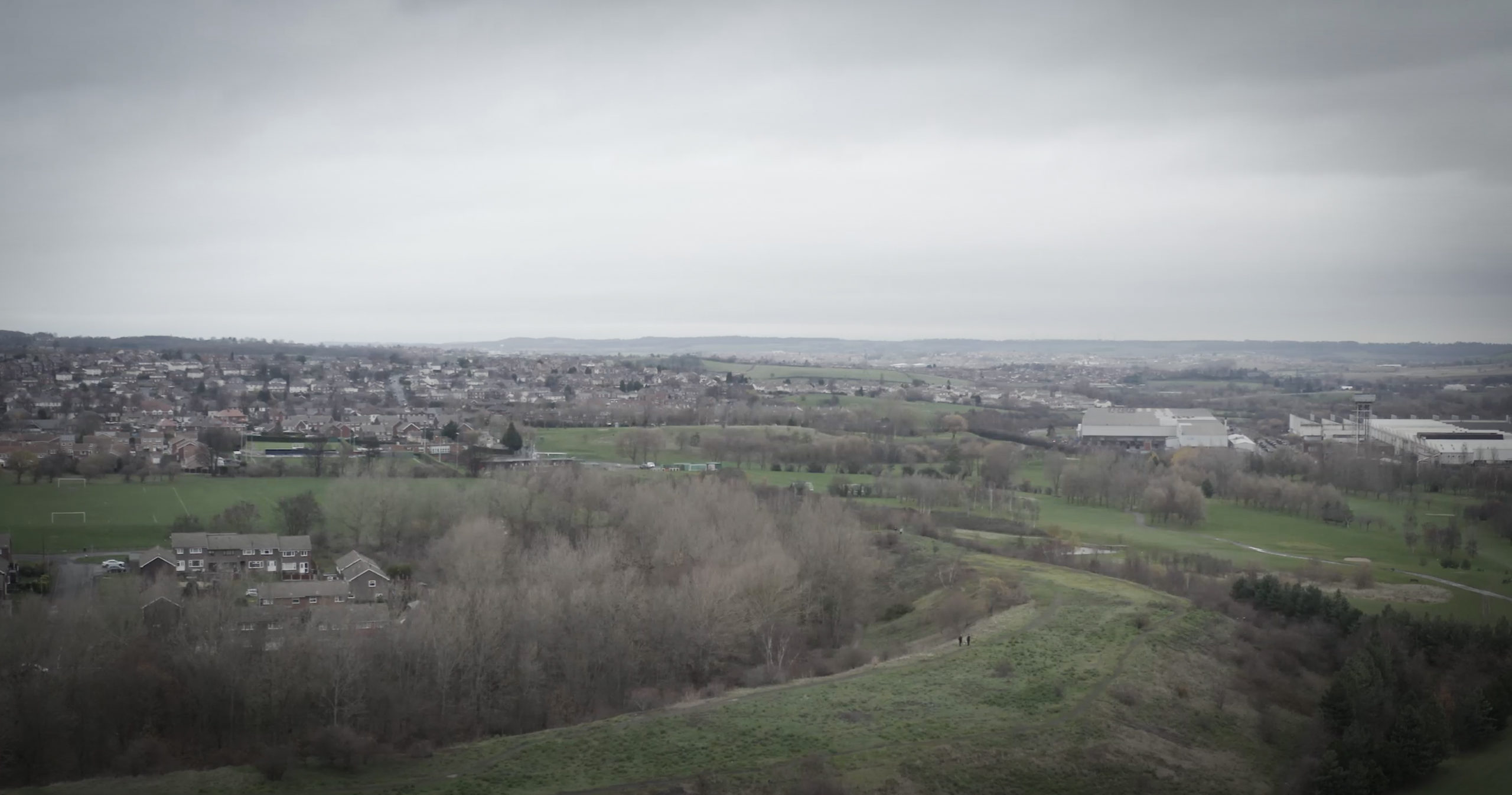Jim Gallagher | @ProfJimG
There’s a town in Scotland that most of us prefer to ignore. It’s bigger than Ayr or Inverness and contains nothing but poor people, most of whom don’t have jobs. The adults’ health is terrible: they live short lives – in the last couple of years, nearly one in twenty of them has died. Tens of thousands of children live there too, and every stage of their lives, from conception to adulthood, is damaged as a result.
So what do we do about this place? You and I probably do our best to avoid it. If we come close, as we might, we look the other way or move on briskly. The government spends a lot of public money on it, much wasted.
Most of the inhabitants have probably been in jail. Certainly, on any one day, maybe one in ten of them might be locked up, some just for living there, but more because of the crimes that result from that. That doesn’t come cheap, and nor does the demand the town places on its doctors, hospitals, children’s services and so on. In recent years, the Scottish government has been trying to save money by cutting back on the special funds set aside for this community, but that’s just made things worse.
The most astonishing thing is that the government gives over one-third of these folk a powerful drug every day for many months and years. Supposedly, it’s to help them move out, but most just stay and keep taking the government drug every day. They want to leave, but can’t.
Of course you’ve spotted this isn’t a geographical community. It’s a description of the people in Scotland whose lives are dominated by drugs. As a nation, we have the worst problem not just in Britain or the UK, but in Europe. For the last ten years or more, Scotland has disgracefully neglected its drug problem, cutting back on resources and ignoring the tripllng of deaths. Political attention, it seems, was elsewhere.
Now, at last, the Scottish politics is focusing on the issue. Too often in the recent past, the political-media caravan has moved on after a few ritual expressions of concern. This year, however, campaigners believe something different is in the air, with both the Scottish government and parliament promising to act. Here are three things they ought to do when they get back from holiday.
- First, the immediate cause of most drug deaths is overdose, often of multiple drugs. Many of these can be prevented. A drug called naxolone can save users’ lives at the critical time. It is being rolled out now, but needs to be much more widely accessible in these emergencies, possibly in safe spaces for drug users, where the risks can be reduced and lives saved. This is already beginning. If people are going to use drugs, better to do so in a relatively safe space than up a dirty close. Scottish prosecution policy can make clear that users and others will not be prosecuted in these safe spaces. No permission from London is needed. Lives will be saved.
- Second, drug treatment can work and help users get their lives onto an even keel; many can get off drugs completely. But it is very expensive, and long term. A few weeks rehab simply does not work; addiction can be a lifelong problem, but it can be overcome. Penny pinching on treatment services is a false economy for the government, and a failure of the most vulnerable.
- Third, we need a new plan for Methadone, and the 20,000+ people prescribed it daily. It is unrealistic to think of simply cutting off methadone maintenance, reversing the policy of decades. But nor is it right that the government answer to problematic opiate addiction is indefinite state sponsored opiates. Scotland needs some new thinking and perhaps some experiments here.
Of course there are bigger questions here about drug laws, but in the present crisis they are largely irrelevant. The Home Office has control over issues like heroin prescribing, but the problem isn’t caused by the Home Office – otherwise Scottish deaths would not be three times England’s. Arguing about what Priti Patel will or won’t do is a distraction that suits constitutional obsessives but helps no one. Similarly, seeing the drugs issue as a crime problem rather than a public-health one is unhelpful, but again Scotland is no different from most the rest of the world in that.
One interesting idea is of a legal right to rehabilitation. It may not be entirely straightforward. But imagine that Scotland’s 60,000 problem drug users, and the tens of thousands of children and family members affected, really did make up one big Scottish town that we could see, and that would have MPs and MSPs. Maybe we wouldn’t ignore them so readily then, so perhaps giving them some legal power to secure the help they need to move out isn’t such a bad idea.
Professor Jim Gallagher is a Visiting Professor at University of Glasgow, Honorary Professor at St Andrews University and an Associate Member of Nuffield College, Oxford.





